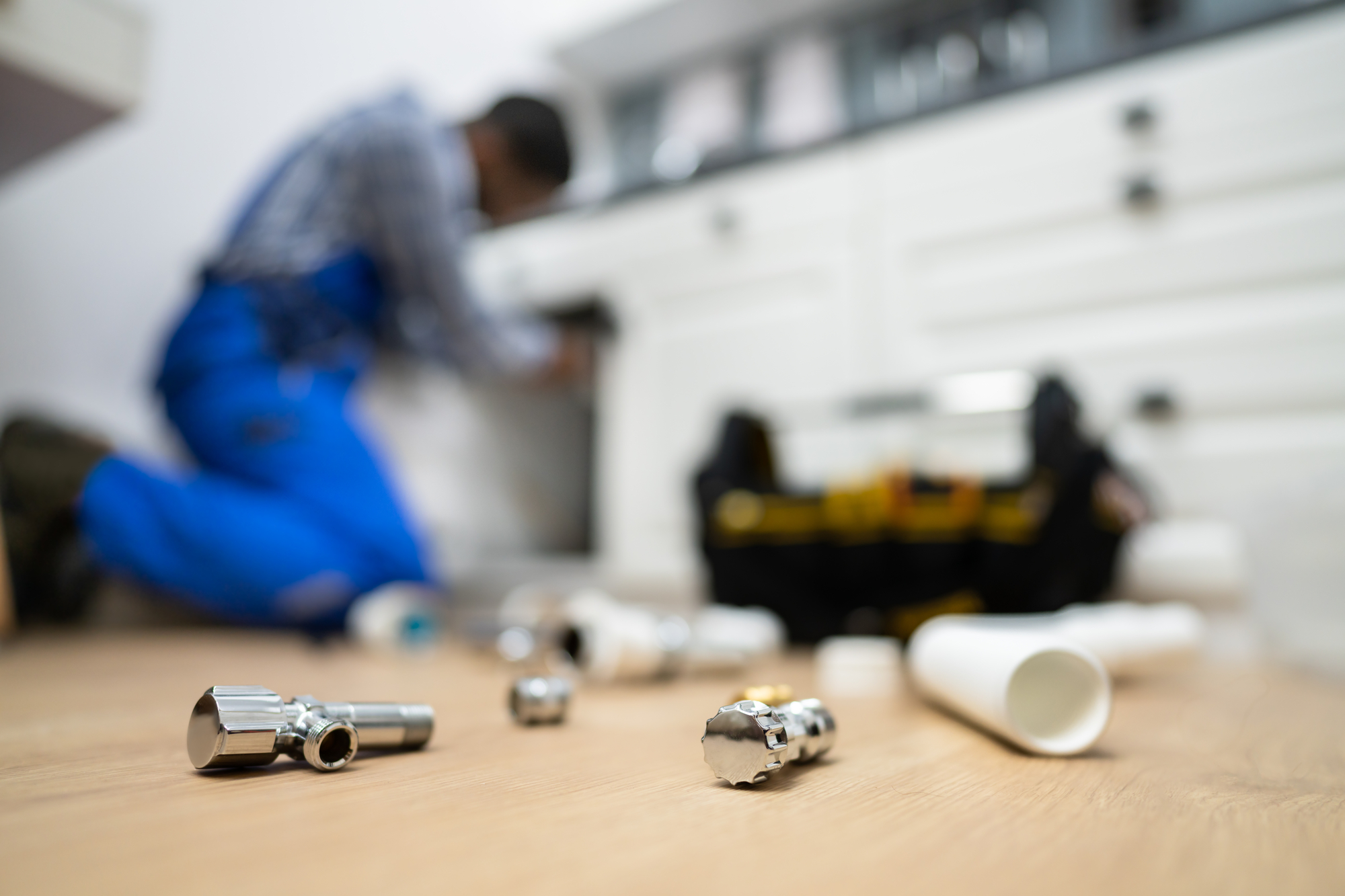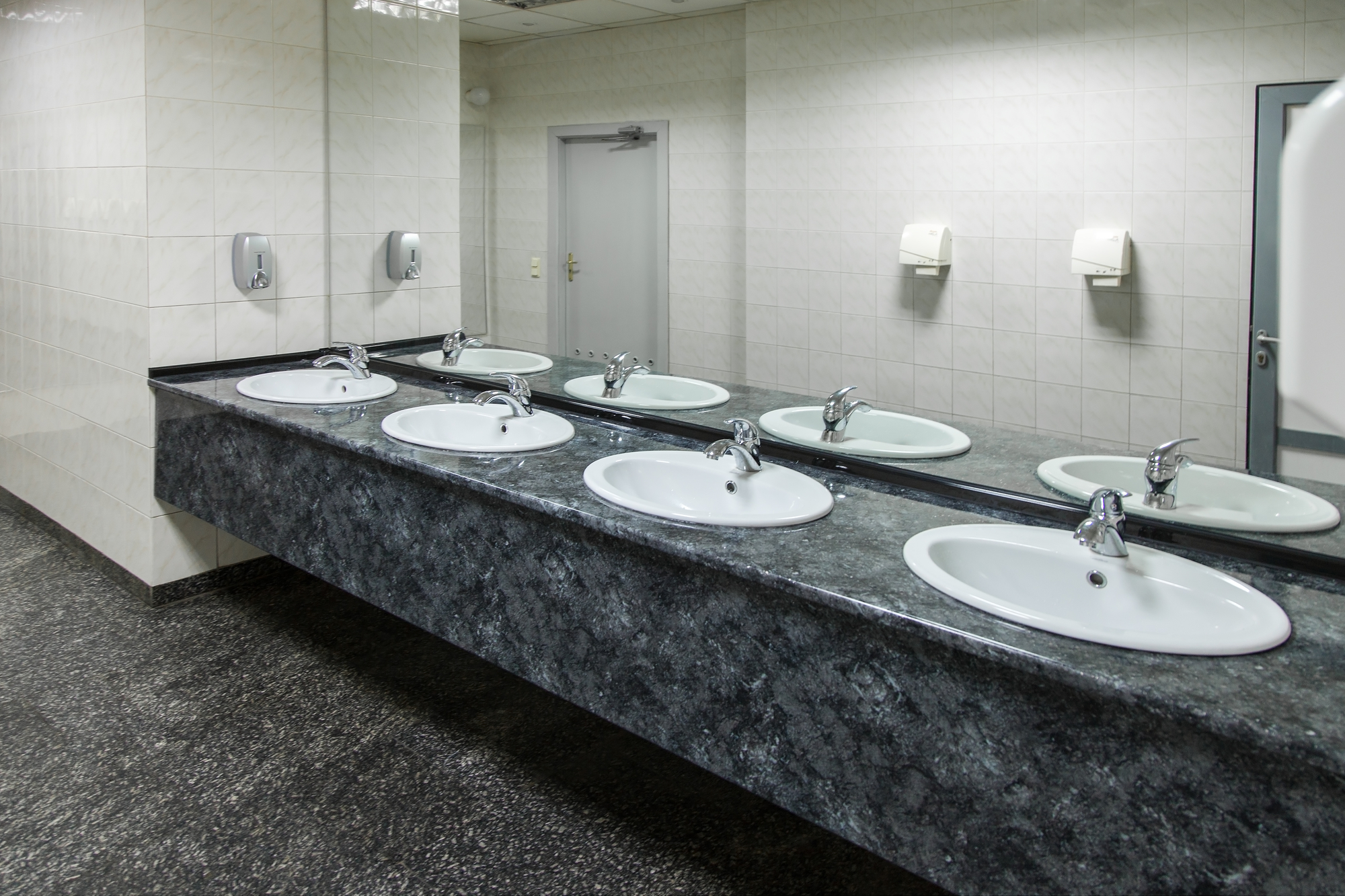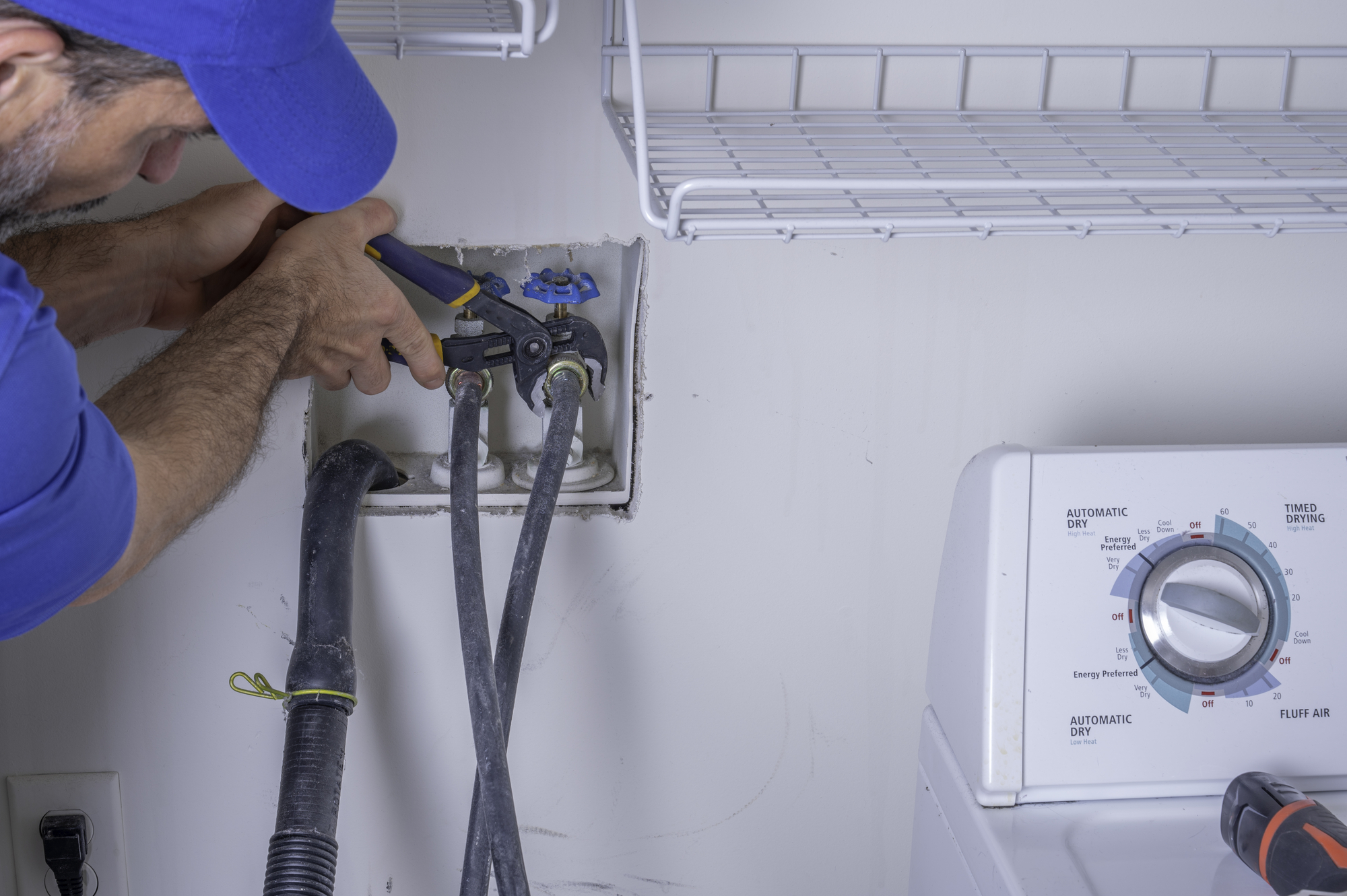It’s often said that “prevention is better than cure,” and this rings true when it comes to home plumbing maintenance. Frequent check-ups can save homeowners from major repairs down the line. Whether you’re a seasoned homeowner or a first-timer, today’s article will offer a practical guide to regular home plumbing maintenance, aimed at helping you safeguard your property and pocket.
1 Regular Inspection is Key
Routine inspections are essential in home plumbing maintenance, primarily targeting zones prone to issues – sinks, showers, toilets, and outdoor faucets. Checking these utilities frequently can guarantee early detection of leaks, minimizes water wastage, and reduces your water bills. Look out for dripping faucets, slow drains, and weak water pressure – each could hint at an underlying problem.
2 Water Heater Maintenance
A cold shower on a winter morning unveils the importance of a well-kept water heater. Yearly flushing of your water heater is wise for preventing sediment build-up, which can decrease its effectiveness and lifespan. Importantly, always consult with a professional plumber when dealing with water heater maintenance to ensure safety.

3 Clean Your Drains Regularly
A clogged drain can create a messy, inconvenient situation in your home. Regularly cleaning your drains with safe, non-corrosive cleaners can help prevent stubborn clogs and keep your drainage running smoothly. Avoid harsh chemicals as they can damage your pipes.
4 Avoid Overloading Your Garbage Disposal
Garbage disposals are handy kitchen accessories but aren’t devoid of plumbing issues. Overloading it or flushing down inappropriate items can cause jams or damages. Make it a routine to run cold water while using the garbage disposal and for an additional 15 seconds after finishing to flush down waste, prolonging its lifespan and reducing the frequency of jams.
5 Monitor Your Water Bill
Not all leaks are visible to the naked eye. Most leaks occur where you least expect – underground or behind walls. Monitoring your water bill for any irregular spikes can help detect such leaks. If your usage hasn’t drastically changed, but your bill has, it’s time to call your plumber.

6 Protect your Pipes during Winter
Preventing frozen pipes during the winter is critical. When water freezes inside pipes, it expands, leading to bursts. Insulating exposed pipes or letting taps trickle during extremely low temperatures can help prevent such disasters.
7 Investing in Quality Plumbing Fixtures and Fittings
Quality always outshines quantity. Investing in high-quality plumbing fixtures and fittings, though costlier initially, pays off in the long run through reduced maintenance and replacement costs.
In conclusion, regular home plumbing maintenance is a sure way to keep your plumbing system in top-notch condition. A little proactive effort can help you avoid significant plumbing issues and save a lot on repair costs.
However, it’s essential to have an expert’s number on your speed dial for professional help. If you’re in need of a seasoned plumber who understands your piping needs, do not hesitate to contact our team.






